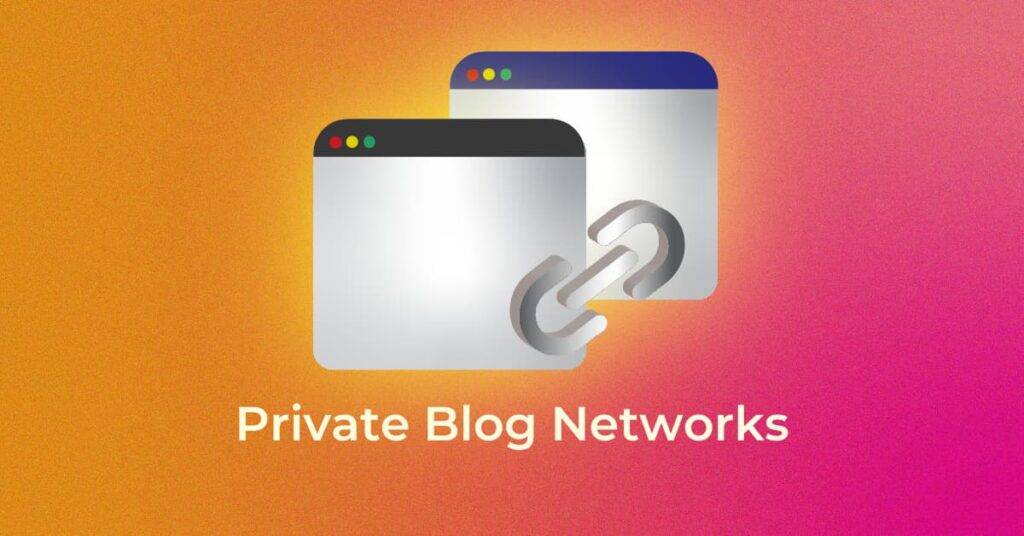In the world of SEO, private blog networks (PBNs) have gained traction in recent years as an effective way to increase website visibility. While PBNs can provide a great boost for rankings on search engine results pages (SERPs), they come with several challenges and risks that must be addressed if you’re going to make the most of them.
In this article, we will explore the uncharted territory of PBNs and discuss how best to use them to your advantage. We’ll look at what sets PBNs apart from other link-building strategies, key considerations when creating your network, and tips for getting maximum benefit from your efforts.
By understanding the nuances of these powerful tools, you can maximize their potential while avoiding costly mistakes along the way.
What are the Benefits of Using PBNs?

Using a PBN (private blog network) can be an effective way to increase your website’s visibility and ranking in search engine results. A PBN is a group of websites owned and operated by the same person or company that link to each other and create backlinks for SEO purposes.
By creating these interlinked sites, you can boost your rankings on major search engines such as Google, Bing, Yahoo, etc. The benefits of using a PBN are vast but some key advantages make them especially appealing.
Firstly, they allow you to control the content posted on each site within the network which allows you to tailor it specifically towards improving your rankings in terms of SEO practices. Secondly, they provide high-quality backlinks from authoritative domains which can further improve your online visibility and credibility with potential customers and clients alike.
Thirdly, they’re relatively easy to set up compared to traditional methods such as guest posting or directory listings so you don’t have to spend time doing tedious tasks like submitting links manually or writing articles yourself. Finally, unlike many other forms of link-building strategies used today, a PBN does not require any additional costs outside setting up the initial sites making it an attractive option for businesses operating on limited budgets who want maximum return on their investment without breaking the bank!
The Risks Involved with Creating and Maintaining a PBN

Creating and maintaining a Private Blog Network (PBN) can be a risky business. It is important to understand all the potential risks associated with this SEO tool before jumping in.
The biggest risk of using a PBN is that it could potentially be considered black hat SEO, which goes against Google’s guidelines and could result in penalties or even bans from their search engine.
Additionally, there is a chance that your PBN will not provide any ranking benefits as Google keeps getting more sophisticated at identifying these networks and devaluing the links they contain.
Furthermore, taking on such an endeavor requires time and dedication; if you are not willing to make those commitments then you may end up wasting money instead of achieving the desired results.
Finally, setting up a PBN incorrectly can lead to security vulnerabilities which would put your entire website at risk for malicious attacks or data loss due to hackers exploiting weak spots within the network setup itself.
Common Mistakes to Avoid When Building Your PBNs
Creating a private blog network (PBN) is a great way to boost your SEO ranking. However, many webmasters make mistakes when building their PBN that can cause serious damage to their online visibility.
Here are some of the common mistakes you should avoid when constructing your own PBN:
- Not researching domain names thoroughly: Its essential to research and verify any potential domain name before purchasing it, as using an already-indexed or expired domain could lead to penalties from Google for duplicate content or other violations of its guidelines.
- Ignoring hosting requirements: Different types of hosting may be required depending on how large your PBN is, and if it’s not set up properly then you won’t get the performance you want out of it – so always do due diligence on which type of hosting will best suit your needs.
- Not diversifying link sources: If everything in your PBN links back to one main source (e.g., all domains point back to the same website), this will draw attention from search engines and ultimately hurt rather than help rankings – instead, diversify where possible so that each site has multiple link sources pointing back at different locations on the web.
- Placing too much focus on exact match anchor texts: With Google now penalizing sites for unnatural linking patterns, having too many exact match anchors could result in getting flagged by search engines – try varying them up with branded keywords or non-keyword phrases like click here instead!
Conclusion

The introduction of PBNs has provided an unprecedented opportunity for SEO optimization. Private Blog Networks (PBNs) offer a unique way to increase the visibility and ranking of webpages on search engine result pages.
They are created by using high-quality domains with relevant content, which can be done manually or acquired through a PBN creation service. This is beneficial as it not only increases organic traffic but also helps build credibility and trust in customers’ minds.
With this technology now available, SEO experts have ventured into uncharted territory that could potentially revolutionize the industry and open up new avenues for website optimization.










